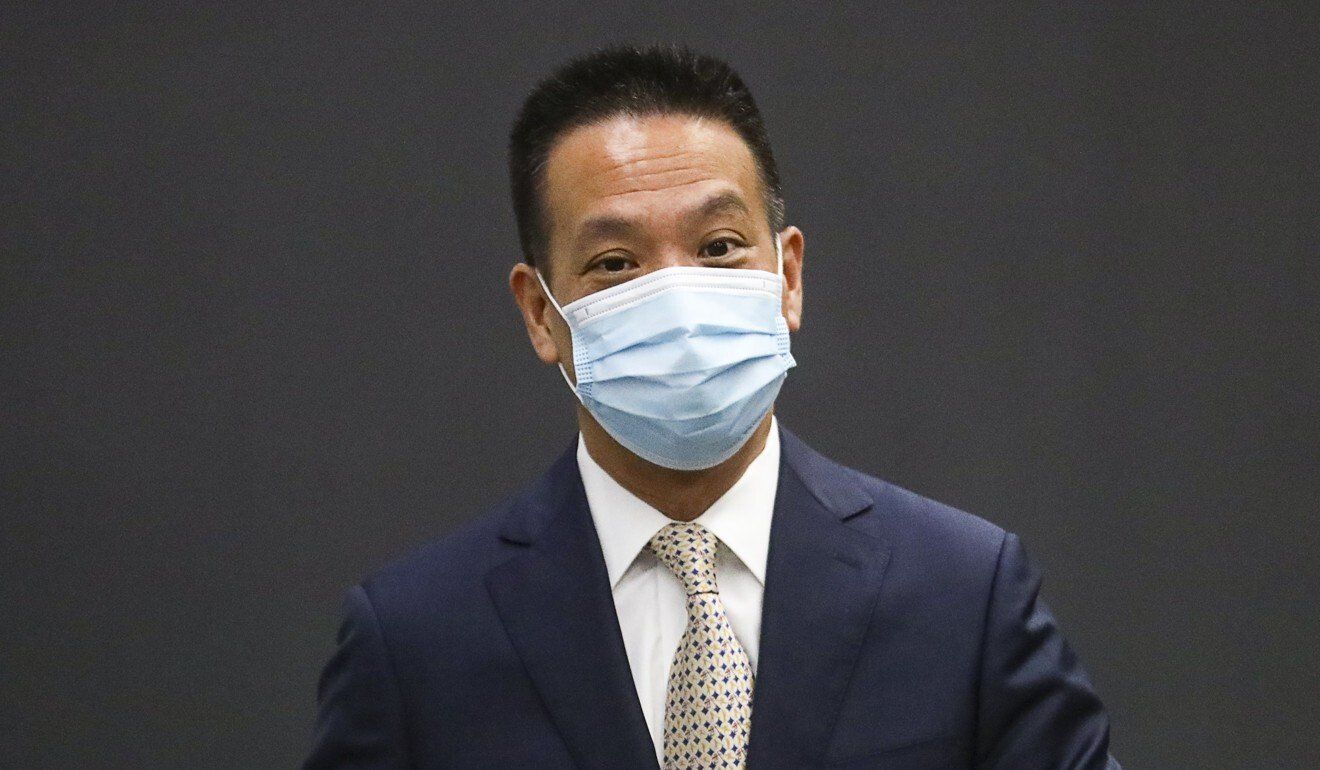Hong Kong News

Exodus of Hong Kong residents not linked to security law, Beijing official says
A senior Beijing official has denied that tens of thousands of residents have left Hong Kong because of the national security law, saying the sweeping legislation restored social order and put the city’s development back on track.
Huang Liuquan, a deputy director of the State Council’s Hong Kong and Macau Affairs Office, also praised the new sociopolitical atmosphere and “the courage to act and take up responsibilities” under Chief Executive Carrie Lam Cheng Yuet-ngor’s administration.
But asked if Beijing would support Lam in seeking another term as the city’s leader, Huang only said candidates who fulfilled requirements previously laid down by Xia Baolong, the office’s director, would be supported. The next chief executive race is scheduled for March, and Lam has not disclosed whether she will seek re-election.
“We shall show support when the requirements are fulfilled,” Huang said, referring to attributes of patriots, such as being firm, responsible, devoted and people oriented.
 Huang Liuquan at a forum organised by the pro-establishment Hong Kong United Youth Association.
Huang Liuquan at a forum organised by the pro-establishment Hong Kong United Youth Association.
He also urged government officials to learn more about national strategies and plans.
Earlier on Wednesday, Huang urged Hong Kong’s young people to embrace the work opportunities available in mainland China as he wrapped up a four-day visit to brief local officials, lawmakers and business leaders on the latest national five-year plan.
During the trip, Huang warned that Hong Kong must pick up the pace of its economic development and integration with the mainland for a brighter future, and said it had already wasted too much time on endless politicking and infighting.
He also said the city’s role in the opening of China’s economy to the world was “very special” and could never be replaced, as he told investors that the security legislation had stabilised the business environment.
After attending a forum organised by the pro-establishment Hong Kong United Youth Association on Wednesday, Huang again dismissed concerns over the Beijing-imposed security law.
The city’s government revealed earlier this month that more than 89,000 residents had left Hong Kong in the 12 months since the imposition of the security law in June last year.
Huang firmly denied any suggestion the two were linked, and claimed the number of people leaving was normal for an international city, especially amid the coronavirus pandemic.
“Some suggested that people left Hong Kong because they were dissatisfied with the implementation of the national security law and lost faith in the development [of the city]. I don’t think those views are correct,” he said.
“All residents resumed a quiet and safe life, principles of the rule of law were demonstrated, while social order was restored. Hong Kong’s development has been back on the right track. These are undeniable facts.”
Huang also argued the law had helped “stabilise” the city’s market environment, and it would be proved by the better-than-expected results of various economic indicators, and reports that some large multinational companies recruited more employees than before.
He also attributed the recent transition of the financial hub “from chaos to governability” to the electoral overhaul announced in March, saying the central government’s initiatives had led Hong Kong into a new chapter.
Under the drastic overhaul, the Election Committee’s rules were changed to ensure it is dominated by the pro-establishment camp. The committee, which was previously mainly tasked with selecting the city’s leader, is now also empowered to nominate Legislative Council election candidates, and return 40 members to the legislature.
Citing concerns previously expressed by the local industrial and business sector that political disputes had damaged the city’s development, he said it was “time to catch up and cherish the current good situation”.
“Hong Kong must develop better while integrating into national development,” he said.
Wednesday’s briefing targeted youths, but while analysts had expected secondary school and university students to attend, the lecture hall at the Open University was only filled with hundreds of pro-establishment business and community leaders in formal suits, with no teenagers seen on site.
Among the attendees were real estate tycoons such as Sun Hung Kai Properties executive director Adam Kwok Kai-fai, also a standing committee member of the All-China Youth Federation, and Sino Group deputy chairman Daryl Ng Win-kong, also chairman of the Greater Bay Area Homeland Youth Community Foundation.











